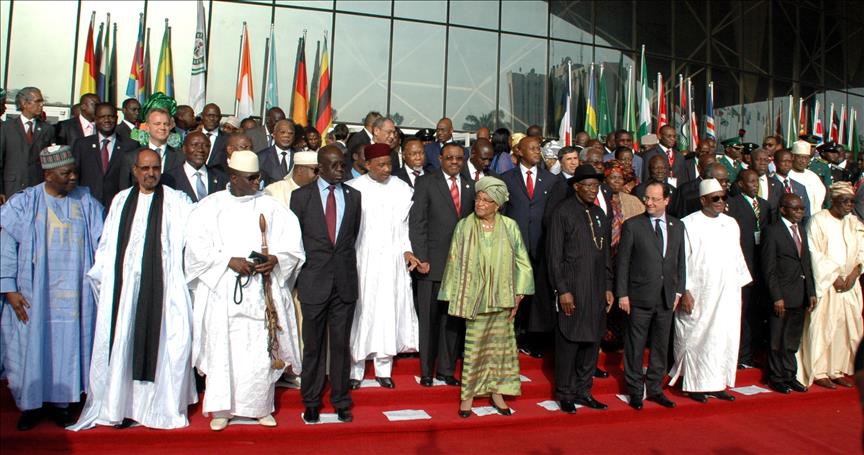
The United Nations is courting African religious leaders to make effective and achievable plans regarding post-2015 Millennium Development Goals.
"It's absolutely crucial that they are participating from the beginning in the conceptualization of the agenda itself," Ahuuna Eziakonwa-Onochie, U.N. Resident Coordinator, told Anadolu Agency on Tuesday on the sidelines of an African faith leaders' summit in Kampala.
She said religious leaders should have played a role from the outset, considering their influence in even the most remote parts of Africa.
"They are at the household level; where the poor people are," Eziakonwa-Onochie said.
She added that religious leaders were in touch with people on the ground – those who really needed the development agenda beyond the community level.
"If we had got them on board, I think we would have gained quite a lot of mileage in making sure what is relevant for the people who are poor and marginalized is really achieved," said the U.N. official.
The eight Millennium Development Goals (MDGs), which have been part of both the national and global development agenda since 2000, are set to expire in 2015.
But many African countries still lag behind on goals that include eradicating extreme poverty and hunger, achieving universal primary education, promoting gender equality, and empowering women.
Others goals include reducing child mortality by two thirds of children under five, improving maternal health by reducing maternal mortality by three quarters, and combating HIV/AIDS, malaria and other diseases.
During a 2010 MDG summit, U.N. chief Ban Ki-moon was tasked with promoting fresh thinking on the global development agenda beyond 2015.
The two-day summit is organized by the Inter Religious Council of Uganda and supported by the United Nations.
Attendees include representatives of the Union of Muslim Councils in East, Central and Southern Africa; the Symposium of Episcopal Conferences of Africa and Madagascar; the Hindu Council of Africa; the All Africa Conferences of Churches; the Council of Anglican Provinces of Africa; the Spiritual Assembly of the Bahai in Africa; Religions for Peace International; and the Organization of African Instituted Churches.
-Duty-bound-
Jonah Lwanga, chairman of the Inter Religious Council of Uganda and Orthodox Church leader, cited the endemic abuse of public resources and human rights in most African countries.
He said religious leaders should not keep quiet "when resources badly needed for the provision of critical services to our people are squandered by a few [corrupt officials]."
"Faith communities cannot run away from their role in the development process," Lwanga said in his opening speech at the two-day summit.
He urged his fellow religious leaders to issue recommendations that would avail the benefits of development to those most in need.
In an impassioned plea, Lwanga implored summit participants to "explore strategies to save our mothers, who die while giving birth, and our children, who die before attaining the age of five."
He also urged fellow religious leaders to make arrangements for settling people displaced by armed conflict and saving the majority of Africans, who continue to languish in abject poverty despite progress made since 2000.
Mufti of Uganda Sheikh Shaban Ramadhan Mubajje, for his part, told AA they were trying to set up a fund through which religious bodies could contribute to the public welfare.
By Halima Athumani
englishnews@aa.com.tr


